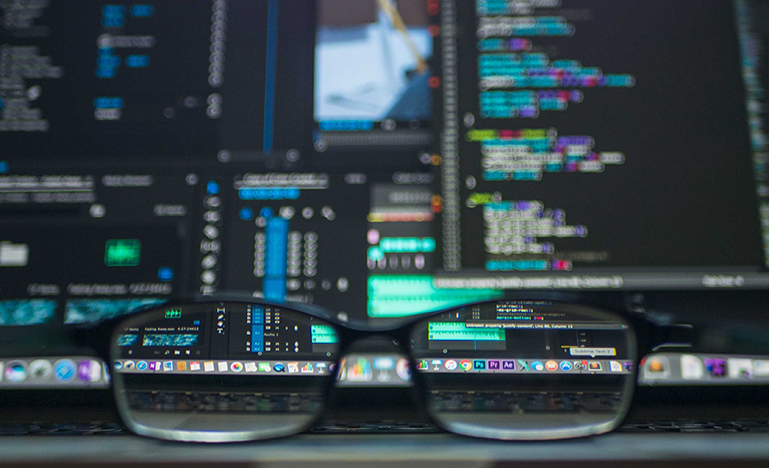Benjamin Alarie on intuition versus the data
Over the last few years, we’ve seen artificial intelligence make inroads into every sector of the economy, from health care and education to finance and law.

At the CCCA’s National Conference in April, Yves Faguy interviewed Benjamin Alarie, CEO of Blue J Legal, which uses machine learning to help predict tax case outcomes, about the promise that AI holds for law firms and possible pitfalls.
CBA National: There are quite a few legal outfits, here in Canada, moving into the AI space. How do you explain that?
Benjamin Alarie: There are a few different reasons why it’s happening now. One is that legal research for a very long time was purely analog. And then we saw the advent of digital in legal research and now we’re seeing the advent of computational legal research where you’re using applied mathematics to extract information from the digital content. And what facilitates that is the computing power that’s now available and the algorithms that allow us to harness that power and engage in computational legal research.
N: So what exactly from an AI perspective does Blue J Legal do?
BA: Essentially we’ve created a tool that allows users to run simulations of what a tax court would likely do in the event that your client’s case was to go before it. It’s a way of mapping facts onto legal outcomes and it allows you to play with the law.
N: So really, you’re putting a price on risk thanks to predictive analysis, aren’t you?
BA: Right. This kind of software is really responsive to what clients want to know, which is, “how likely am I to win my case?” “What are the stakes?” “How much is this going to cost me?” “What are my prospects of winning?” As professionals we’re often really reluctant to give a clear answer to those kinds of questions.
N: How important is it for legal departments and law firms to move early in using AI technology?
BA: Lots of people have an economic interest in saying you should jump into it really hard and fast. The truth is there are lots of on-ramps for people to get on board with the technology. But there are advantages to moving early. Mainly, you’ll get used to the technology, and as it gets better you’ll be able to work it into your practices with lower adjustment costs at any given point.
N: Are there mistakes that can happen, any blind spots that we should worry about?
BA: Our software looks at all the case law and asks about the most common facts that tend to drive outcomes. In the event that there’s something that hasn’t been addressed before then the case law is likely to evolve in a direction that accommodates that new consideration. The software needs parental guidance for sure, but if it’s 90 per cent right, then that gives you a very strong starting point from which to run your analysis. I think the greater risk is that counsel does not use these tools, as they get developed and are rolled out, and gives faulty advice not having been informed by them.
N: Now is there a danger that sometimes that our own human biases get programmed into these algorithms?
BA: It’s always wise to be critical and examine critically these new technologies as they’re being developed, and it may be picking up on current flaws in the system. But we set the bar really high for artificially intelligent systems in ways that set up an unfair contest between algorithms in human decision-making. Every year in North America tens of thousands of people are killed in automobile accidents but the threshold for autonomous vehicles has to be 100 per cent safe. That’s probably the wrong standard to hold self-driving vehicles to. In the same way, in the U.S., if you are convicted of a crime on the eve of a judicial election — and there’s been a lot of empirical evidence around this — there’s a tendency, among judges, to err on the side of being harsher in sentencing.
N: When should we follow intuition and when should we follow the data?
BA: Here reasoning by analogy is helpful. Think about medical decision-making; you visit your physician or a specialist for some kind of health problem. Would you prefer that your physician use an intuitive approach or use an evidence-based medical approach to prescribing a course of treatment? Now think about it in the legal domain: I want a lawyer who’s using all of the very best technologies to look and synthesize all the data, but then also exercises her professional judgment to provide a gloss on what it’s telling her, and then I’ll feel really comfortable with the advice that I’m getting.
This interview was edited and condensed for publication


